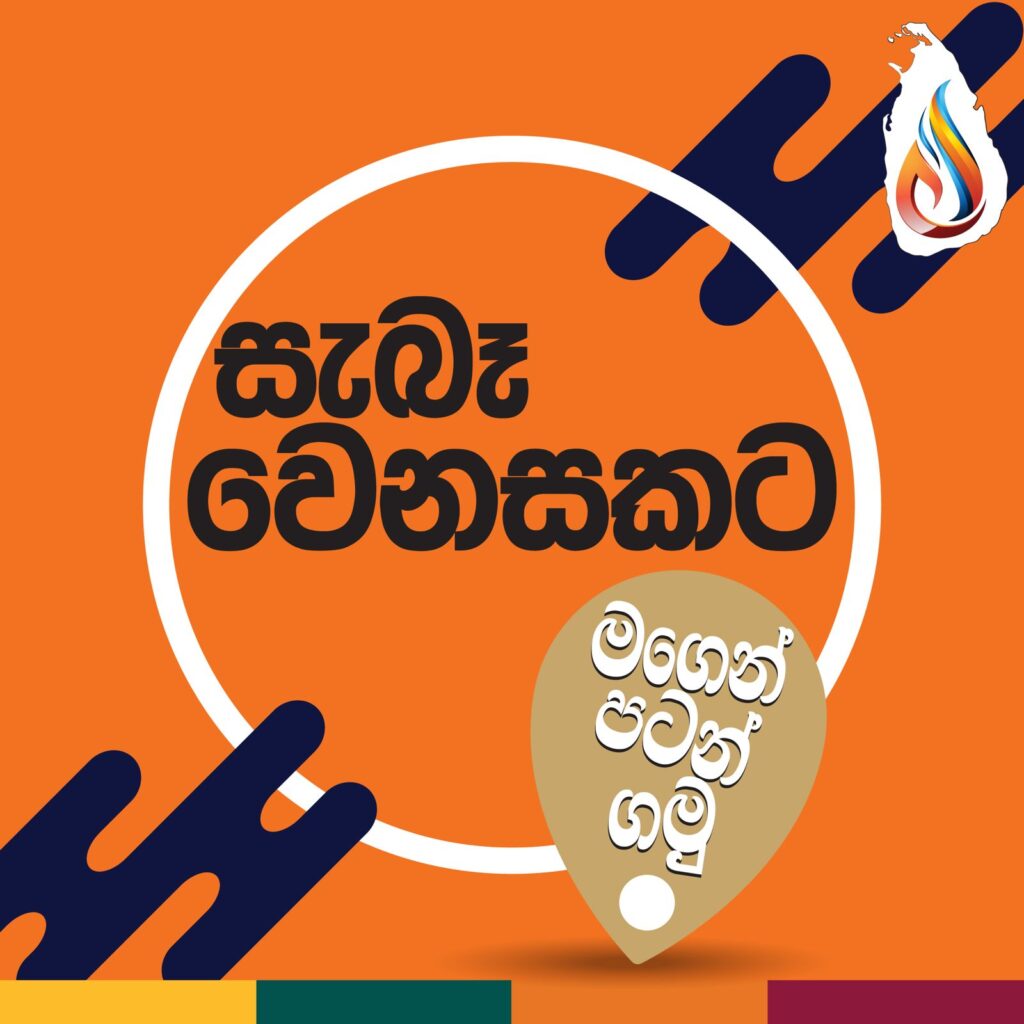August 20, Colombo (LNW): Excise Commissioner General M.J. Gunasiri firmly refuted claims that excise licences have been granted to politicians, emphasising that no such requests have been made by political figures.
Responding to concerns that liquor permits are being used to gain favour ahead of the upcoming Presidential Election, Gunasiri stressed that the licensing process remains transparent and strictly within legal boundaries.
Addressing the controversy, Gunasiri clarified that licences are issued under Excise Notifications 902 and 2/2024. He pointed out that the department, which has a 110-year history, increased licence fees after 15 years based on a carefully studied rationale.
Additionally, the government decided to expand the number of licensed shops, driven by factors like population growth, tourism expansion, and rising illegal alcohol sales.
Gunasiri highlighted that some districts are underserved in terms of licensed liquor outlets, necessitating an increase in legally sanctioned establishments.
In a significant first, the government introduced substantial one-time fees for obtaining a licence: Rs. 15 million within Municipal Council areas, Rs. 12.5 million in Urban Council zones, and Rs. 10 million for Pradeshiya Sabha jurisdictions. This initiative is expected to generate Rs. 2 billion in revenue for 2024, of which Rs. 1.75 billion has already been collected.
Explaining the broader context, Gunasiri noted that the Excise Department, along with Inland Revenue and Sri Lanka Customs, is among the top three revenue-generating agencies for the government.
This year’s revenue target for the Excise Department is Rs. 232 billion, marking a 29.6% increase from last year.
Despite facing a shortage of 429 officers, the department is on track to meet its goals, contributing significantly to public welfare and national development.
Gunasiri underscored that critics should recognise the department’s efforts and the role that excise revenue plays in sustaining essential government functions and public services.


